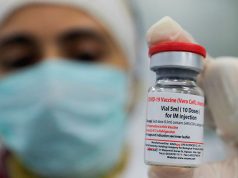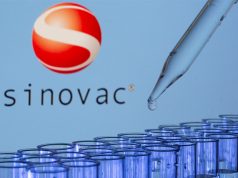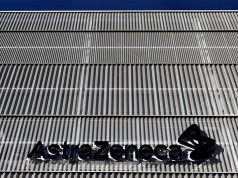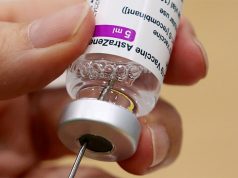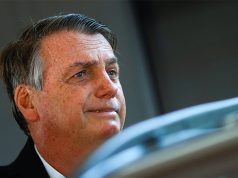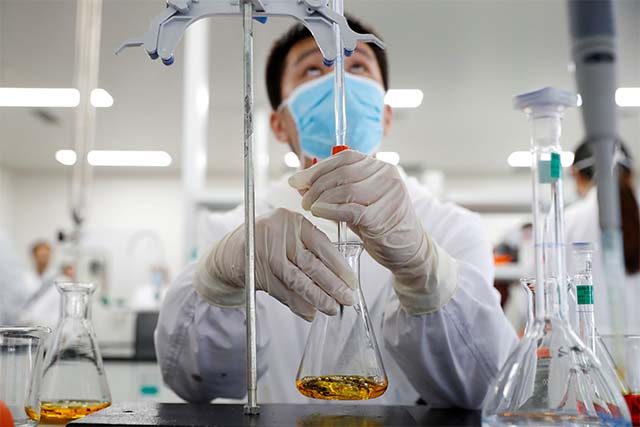
Concerns on vaccine confidence were once again raised after the local Food and Drug Administration revealed that it does not recommend Sinovac’s coronavirus vaccine (CoronaVac) to healthcare workers.
FDA Director General Eric Domingo on Monday announced that the agency has granted emergency authorization use (EUA) for CoronaVac, the vaccine of the Beijing-based biopharmaceutical company that has yielded varying efficacy rates in late-stage trials.
An EUA is an authorization given for unregistered drugs and vaccines in a public health emergency. It does not translate to a Certificate of Product Registration or as a marketing authorization.
Vaccines that have been granted this authorization can be rolled out as part of the national government’s mass vaccination drive against COVID-19.
Other vaccines that have been granted EUA by FDA are developed by Pfizer-BioNTech and Oxford/AstraZeneca.
Domingo said that Sinovac’s COVID-19 vaccine is cleared for use on “clinically healthy” individuals who are 18 to 59 years-old.
Clinical trials in Indonesia showed that CoronaVac has an efficacy rate of 65.3% while a study conducted in Turkey showed that it has an efficacy rate of 91.25%.
A trial in Brazil, meanwhile, showed that the COVID-19 vaccine has an efficacy rate of 50.4%, which was just above the threshold that the World Health Organization uses to determine if the vaccine is worth using.
RELATED: Explainer: What’s behind varying efficacy data for Sinovac’s COVID-19 vaccine?
Due to its varying efficacy rates, FDA has not recommended the use of CoronaVac to healthcare workers who are first on the government’s priority list for COVID-19 jab.
Senior citizens or the elderly, who have are more prone to severe illness if they contract the virus, are also not recommended to take the vaccine.
Domingo said that the Sinovac-developed vaccine is not the most ideal for the medical frontliners since they are constantly exposed to the threat of the virus.
Despite this, he added that its safety profile is “good.”
“The safety profile is good, adverse events were mild to moderate. The possibility of allergy and severe allergy or anaphylaxis is minimal,” the FDA chief said.
Sinovac has not yet submitted its Phase 3 clinical trial data to medical journals for peer review, unlike its other competitors such as Pfizer, AstraZeneca and Moderna.
Following the FDA’s announcement, Malacañang said that it might have to change its vaccine priority list where the economic frontliners and military personnel would be the first ones to be inoculated instead.
More vaccine distrust
Some Filipinos then expressed their alarm over how CoronaVac would affect the vaccine confidence of the public.
“If Sinovac isn’t recommended for HCW (healthcare workers), why would you even administer that to general public?” a Twitter user asked in response to the reports.
“This will just increase vaccine hesitancy. Good luck,” another online user commented.
“Problema na nga ‘yung pagiging hesitant sa vaccine tapos puro ganito pa makikita mo,” a different Filipino responded to Domingo’s words.
Last month, a nationwide survey by Pulse Asia revealed that only 32% of 2,400 respondents were willing to be inoculated with the COVID-19 vaccine despite the prevailing threat of the virus.
Around 84% of the respondents said they do not want to be vaccinated because they are “not sure” of the COVID-19 vaccine’s safety.
Some perceived the hesitancy as a reflection of the public’s lack of trust in the government’s handling of the vaccination as a public policy.
Others blamed Persida Acosta, chief of the Public Attorney’s Office, for supposedly sowing vaccine fears due to the Dengvaxia controversy where she blamed the anti-dengue vaccine for some children’s deaths.
RELATED: Impact of Dengvaxia mess seen after COVID-19 vaccine manufacturers’ call for indemnity deal





